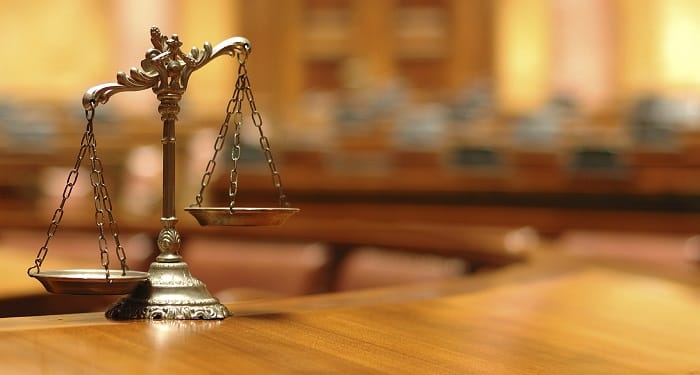Essay on Law 202
The “reply letter doctrine” can be used to authenticate private letters, e-mails, and text messages. Explain what is meant by the “reply letter doctrine”? How could its theory be used to authenticate an e-mail or text message?
The “reply letter doctrine” is the federal rule that permits evidence of a letter written in reply to another letter which makes reference to the original letter. This theory can help to authenticate an e-mail or text message through the e-mail or text message sent in response to the original message with the reference to the original message.
With respect to the authenticating of public records and documents, authentication is not assured merely because the document may be referred to as a public record or document. Where a birth certificate or a death certificate needs to be authenticated, what would the proponent of the evidence have to prove?
The National Statistics Office serves to store and authenticate birth and death certificates. The proponent of the evidence will have to prove the authenticity of the birth or death certificate. In this regard, secondary evidence may be used, such as respective documents supplied by health care professionals that prove the fact of birth or death of an individual.
Some documents are said to be self-authenticating. Within this category are regularly published newspapers and periodicals. What are three other examples of documents that tend to self- authenticate?
Self-authenticating documents are documents that can be accepted during the trial without proof being submitted to support the claim that the documents are what they appear to be. Published newspapers and periodicals are self-authenticating documents. Other examples of self-authenticating documents include certified copy of public or business records; official publications of government agencies; and trade inscriptions, including labels on products.
All documents that are introduced as evidence in court must be authenticated. Explain the concept of authentication. How must authenticated documents meet the other rules concerning admission of evidence?
The document authentication is normally conducted by the secretary of state of the particular state, where documents are authenticated. Authenticated documents only can be admitted as evidence, unless documents are self-authenticated.
Motions in limine are made at the beginning of the trial requesting that a judge rule that certain evidence may not be introduced in the trial. In such a way, motions in limine can determine which documentary evidence is admitted to the trial and which is not. Motions in limine serve to determine clearly which evidence, including documentary evidence may be used in trials. If certain documentary evidence is excluded from the trial by the judge ruling, this documentary evidecen cannot be used in the trial.
In authenticating a writing or a document, one of four methods are traditionally followed in offering sufficient proof of authenticity. What are these four methods? Give an example of each one.
Traditionally the authentication of a writing or document involves an eye-witness or witness expert, who proves the authenticity of the document. Another method of the authenticating of a writing or document is for the trier of fact, the jury in the jury trial, or the judge in the bench trial to compare a known exemplar of the signature with the signature on the disputed document. One more method of the authenticating of a writing or document is applied to business records and involves the testimony of the custodian of the records. Finally, there are self-authenticating documents and ancient documents which are admissible without outside evidence of authenticity.
Do you like this essay?
Our writers can write a paper like this for you!



